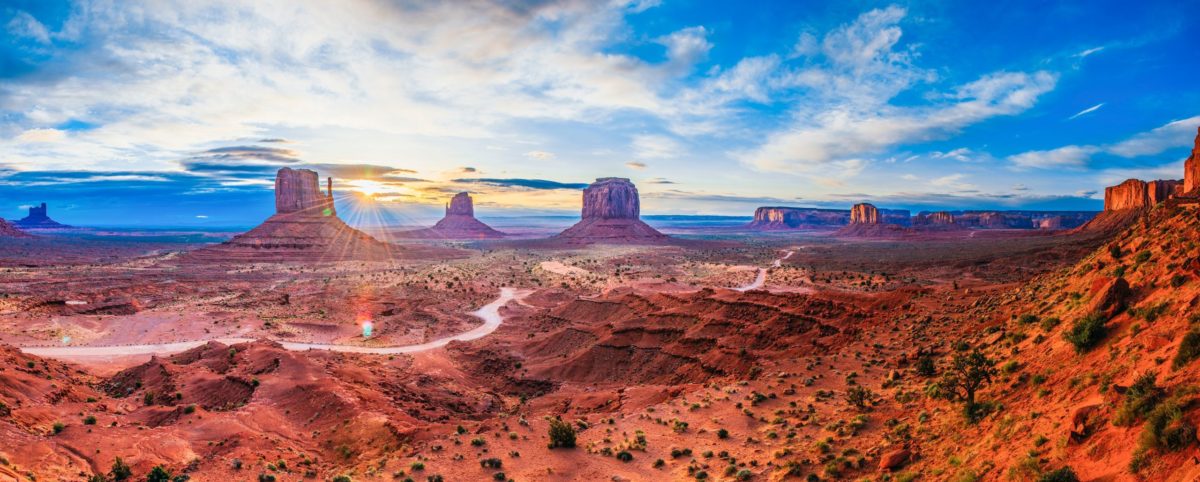One of my most favorites aspects about living in Japan is the availability of tea. In every conbini, supermarket, and vending machine, you can find an abundance of different teas. I am from America, and in my opinion, the country is has more of a coffee culture. Although they have different shops they sell various blends of tea, coffee seems to be the dominating stimulant to get people moving in the morning. In my city, you can definitely see lines wrapped around the building of a coffee shop, as people rush to get their morning caffeine fix. Coffee is a big deal in America.
As for my family, I grew up drinking mostly tea, so that is my natural drink of choice. Also, coffee feels too “heavy” for me, so I don’t really like drinking it. However, I can understand why people like it so much. If you need an energy boost, coffee is the way to go.
Perhaps coffee is quite popular in Japan as well, as brands such as Boss Coffee and Georgia stock the shelves as much as tea. Starbucks and Tully’s coffee shops are just as abundant in Japan as they are in America. So whichever drink you prefer, rest assured you can find a large selection of coffee or tea in Japan.
Questions:
1) Which do you prefer, coffee or tea? Why?
2) Why do you think coffee is popular in Japan?
3) When you drink coffee or tea, how do you prepare it?
4) What type of tea do you like and why?
5) What type of coffee do you like and why?
Key Words and Phrases:
availability / abundance / more of
culture / stimulant / morning coffee fix
energy boost / are just as / rest assured
::::::::::::::::::::::::::::
英語が話せる!「SEI新宿英会話教室」 http://www.sayinsei.com/
♦〒160-0022 東京都新宿区新宿2-8-1 新宿セブンビル 606
♦メール: sei@kaonnuri.com TEL: 03-5925-8247

